Beans may be humble, but they pack a nutritional punch that’s hard to beat. As a staple of the legume family, beans are loaded with complex carbohydrates, dietary fiber, and plant-based protein, making them one of the most complete and affordable plant foods on the planet. From reducing your risk of cardiovascular disease to supporting gut health and maintaining a healthy weight, beans deserve a starring role in your diet.
Let’s explore why consuming beans offers significant health benefits and how to incorporate beans into your meals as a delicious way to improve your overall wellness.
Beans and legumes are among the most versatile and nutrient-packed foods you can add to your plate, as legume family members include peas and lentils. Beans are celebrated for their impressive health benefits and ability to fit seamlessly into various dishes. Whether you choose kidney beans, pinto beans, or navy beans, you get a powerhouse of dietary fiber, plant-based protein, and essential vitamins and minerals. Beans and legumes are available in many convenient forms, such as dry, canned, or pre-cooked, making incorporating them into a healthy diet easy. Regularly eating beans is linked to a reduced risk of chronic diseases, including cardiovascular disease and colorectal cancer, making them a wise choice for anyone looking to boost their overall wellness.
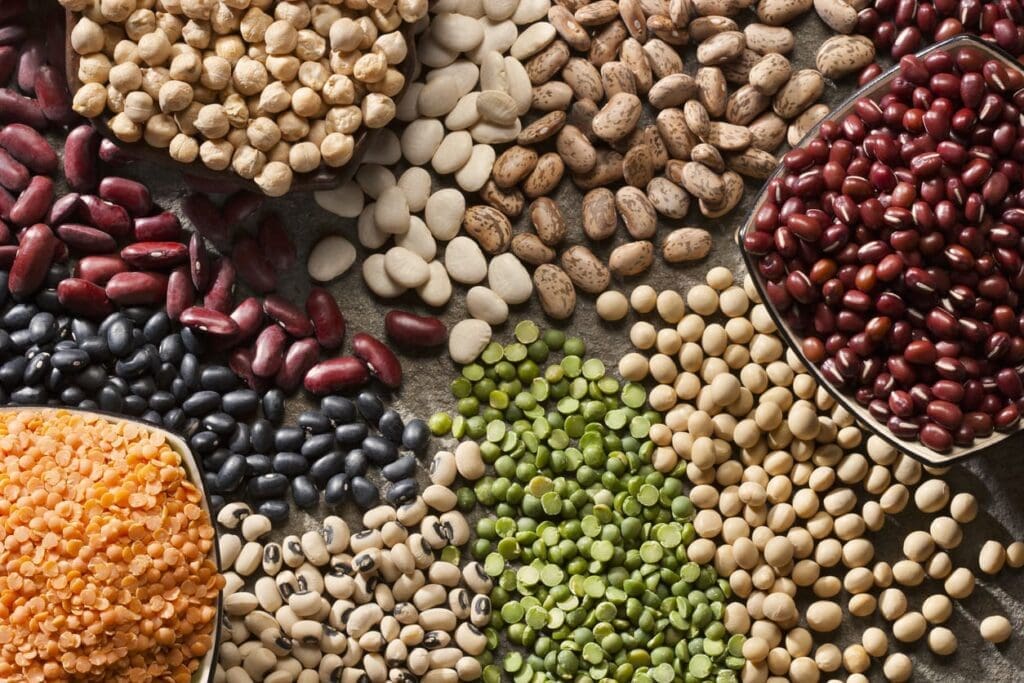
Beans are considered a superfood for a reason. Their nutritional power lies in their unique combination of protein content, vitamins, minerals, and soluble fiber. Various types—such as black beans, kidney beans, pinto beans, navy beans, white beans, garbanzo beans, and green beans—offer multiple tastes and textures, but all deliver remarkable health benefits.
One cup of cooked beans typically contains:
The dietary fiber found in beans is crucial in supporting gut health by promoting beneficial gut microbiota, increasing the production of short-chain fatty acids, and improving metabolic health.
For people seeking a meat alternative, beans are one of the few plant foods that contain all nine essential amino acids when paired with cereal grains like rice or quinoa.
There’s a world of options to explore when it comes to beans. Dry beans, also known as dried beans, are a pantry staple in many cultures and can be cooked in countless ways to suit your taste. If you’re short on time, canned beans offer a quick and convenient alternative—just open, rinse, and add them to your favorite pasta dishes, salads, or soups. Popular varieties like black beans, garbanzo beans (chickpeas), and white beans each bring their unique flavor and texture to the table. Beans can be enjoyed from hearty stews and chili to creative bean dips and smooth pureed beans for spreads. With so many types and uses, finding a bean that fits your lifestyle and culinary preferences is easy.
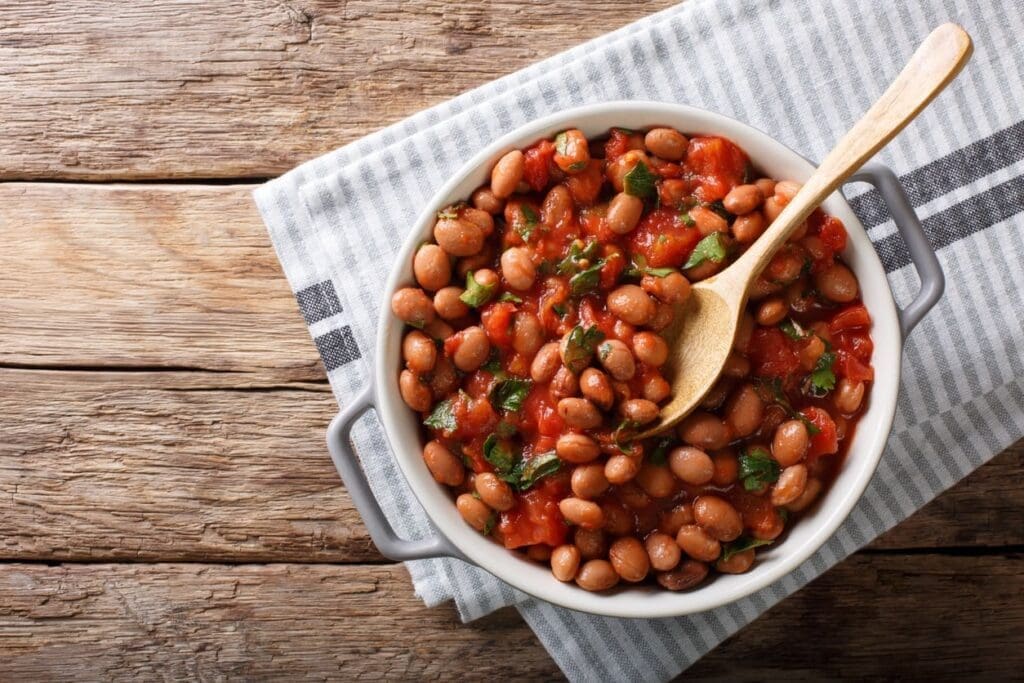
Whether you’re embracing a plant-based diet or just trying to eat more whole foods, the health benefits of beans make them a key ingredient in a healthy diet.
Beans support heart health and help prevent cardiovascular diseases by lowering blood cholesterol levels, reducing blood pressure, and improving vascular function. Regular bean consumption is linked to a reduced risk of heart disease and other cardiovascular disease risk factors.
Beans also help reduce risk factors for coronary heart disease by improving glycemic control, lowering cholesterol, and managing blood pressure, making them a valuable dietary intervention for cardiovascular risk reduction.
Beans are an excellent source of prebiotics, feeding the beneficial bacteria in your digestive system. This encourages the production of short-chain fatty acids that reduce inflammation and strengthen your gut barrier.
Thanks to their fiber-rich, antioxidant-rich food profile, regular consumption may help prevent inflammatory bowel disease and even reduce the risk of colorectal cancer.
Combining fiber and complex carbohydrates slows digestion, which helps stabilize blood sugar and blood glucose levels, which is crucial for diabetes prevention and management.
Beans also support a healthy body weight by promoting satiety, making it easier to manage calorie intake. Regular bean consumption can help lower the increased risk of diabetes and obesity-related complications.
A diet high in beans, peas, and lentils is associated with a lower risk of many chronic diseases, including obesity, heart disease, diabetes, and colorectal cancer. The health benefits beans deliver can play a role in long-term disease control.
Studies also show that increased consumption of non-soy legumes can reduce chronic disease risk by lowering serum cholesterol, improving endothelial function, and decreasing inflammation markers.
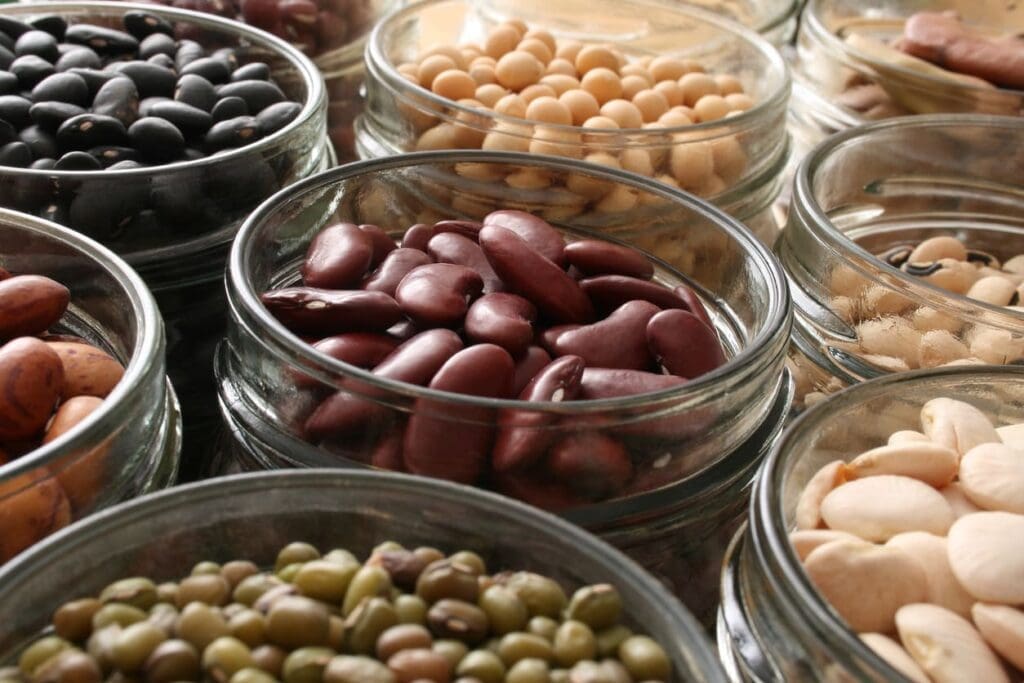
Let’s look at some popular types of beans and how they contribute to your health:
You can also find dry beans in bulk or canned beans for convenience. Just be sure to rinse canned beans to reduce excess sodium and preservatives.
Beans are a nutritional powerhouse, delivering health-promoting nutrients in every bite. Packed with complex carbohydrates, dietary fiber, and plant-based protein, beans are low in saturated fat and brimming with essential vitamins and minerals like folate, potassium, and iron. Just a half-cup serving of cooked beans can provide up to 10 grams of dietary fiber, including both soluble and insoluble types, which helps lower blood cholesterol levels and keep blood sugar in check. Beans are also rich in antioxidant compounds that help protect your cells from damage and may reduce your risk of chronic diseases such as heart disease and colon cancer. With their impressive nutrient profile, beans are a brilliant addition to any healthy diet.

If you want to eat beans more regularly, the options are endless:
You can also incorporate beans into your favorite recipes for added nutrition.
Eating more beans is easier when you plan meals and use them in diverse, flavorful ways.
Adding beans to your meals is a simple way to unlock many health benefits. Regular bean consumption is associated with a reduced risk of cardiovascular disease, type 2 diabetes, and certain cancers. Beans are incredibly versatile and can be prepared using various cooking methods, from boiling and steaming to roasting and sautéing, allowing you to enjoy them in countless delicious ways. To maximize the health benefits of beans, pair them with other plant foods for a balanced and nutrient-rich meal. Thanks to their high fiber and protein content, beans help you feel full and satisfied, supporting healthy body weight and improved diet quality. By making beans a regular part of your routine, you’re taking a positive step toward better weight management and long-term protection against chronic diseases.
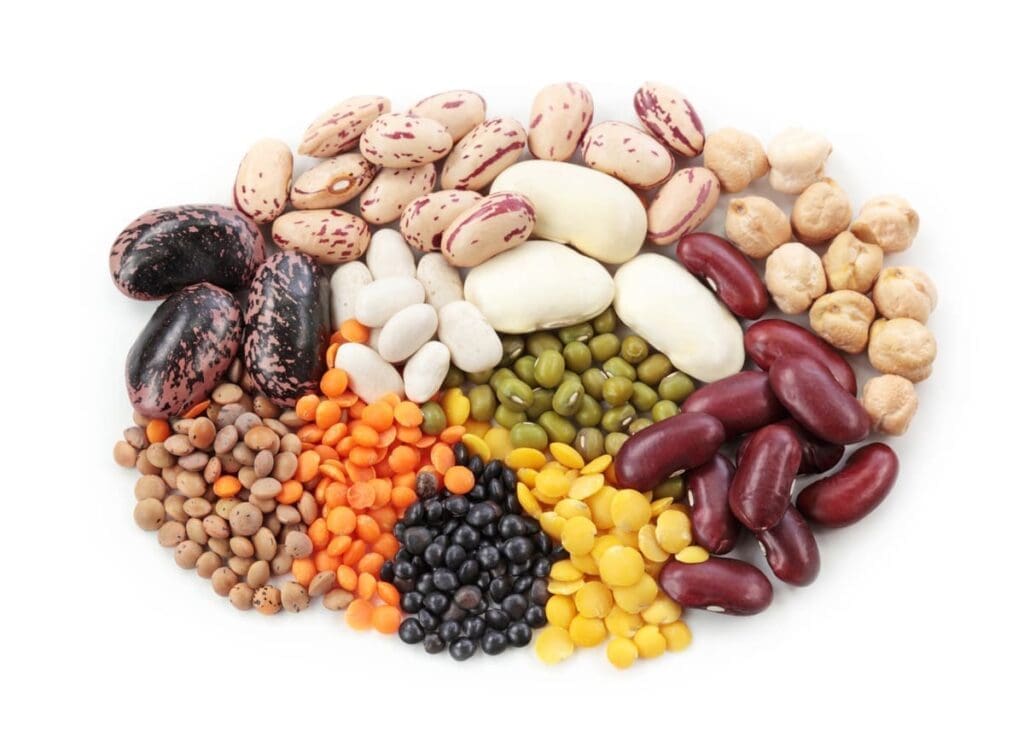
U.S. dietary guidelines recommend including beans as part of a balanced eating pattern. Not only do beans provide protein, but their nutrient density also boosts diet quality. They work well for vegan diets, vegetarian meals, and flexitarian lifestyles.
Unlike many animal foods, beans are sustainable, affordable, and accessible. This makes them a vital component of public health and nutrition efforts supported by organizations like the Department of Health and Human Services.
With all the compelling science and delicious options available, adding beans to your meals is clearly one of the best choices you can make for your health and the planet.
Whether you choose canned beans for convenience or dry beans for value, beans’ nutritional power is undeniable. They’re one of the most effective foods for managing heart disease risk, controlling blood sugar, and achieving a healthy body weight.
So next time you’re grocery shopping, grab a few varieties and confidently eat beans. Your body—and your taste buds—will thank you.

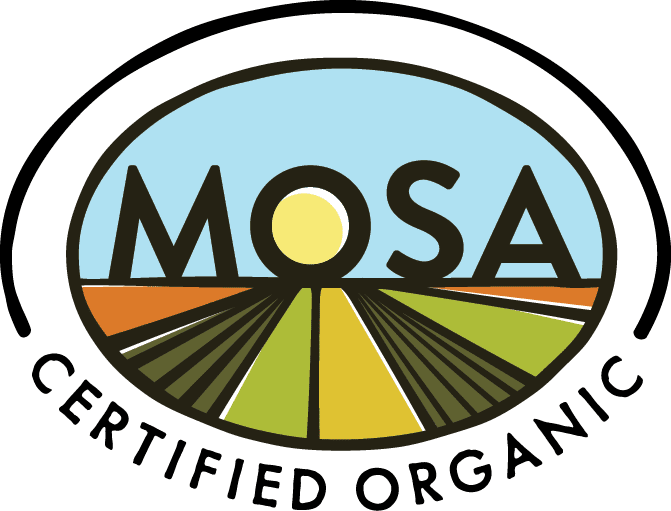


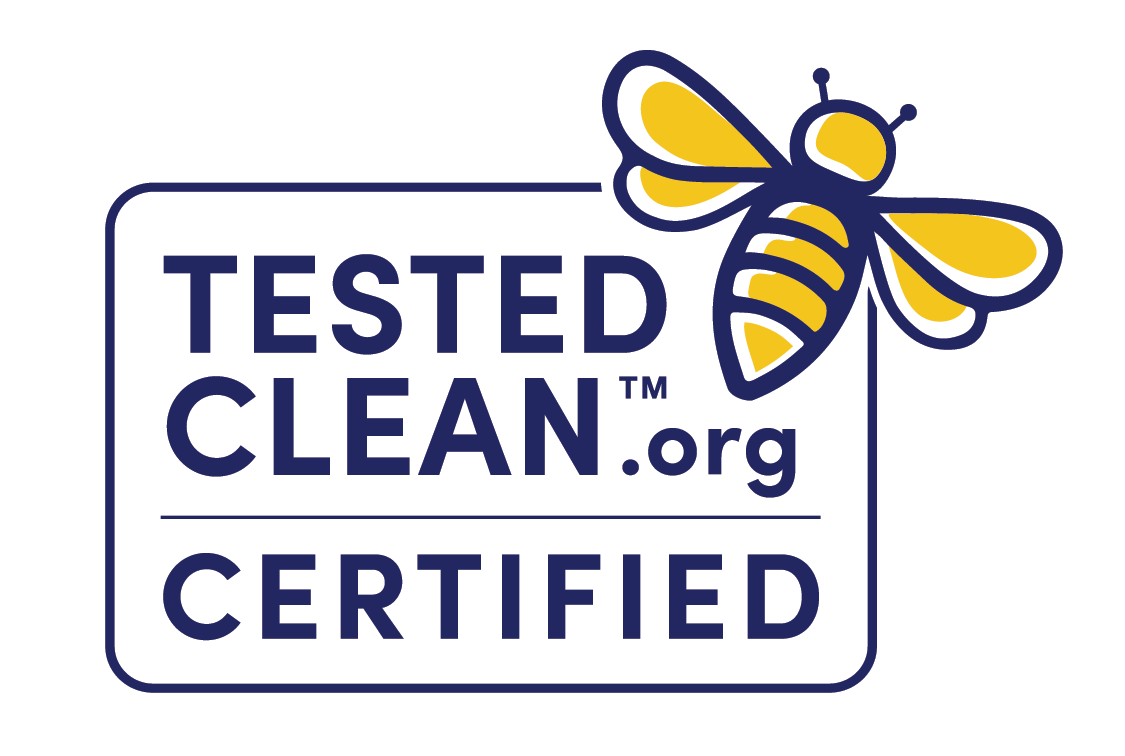
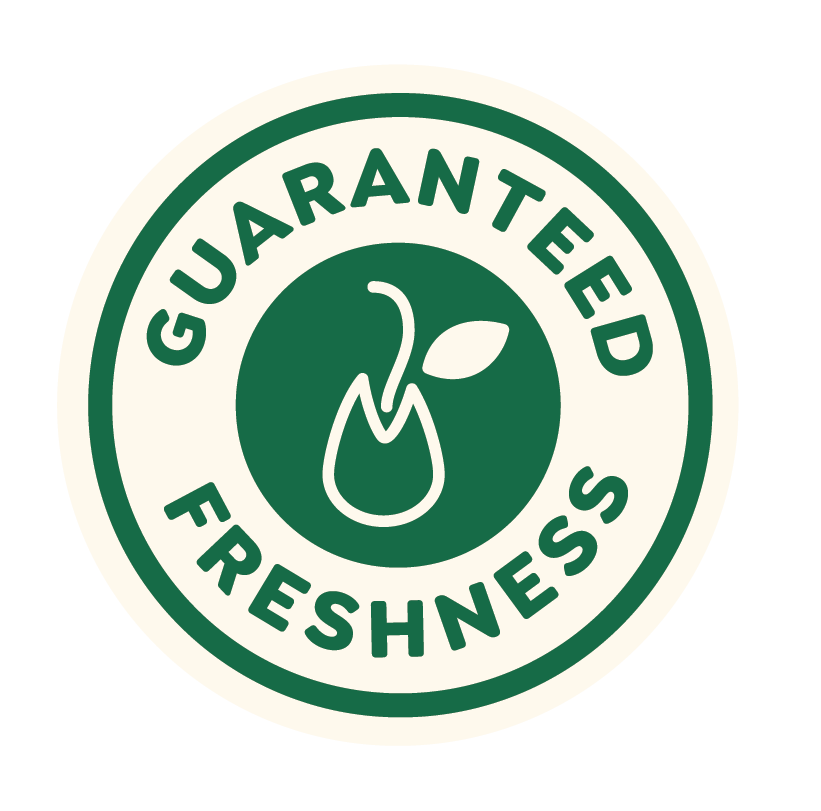
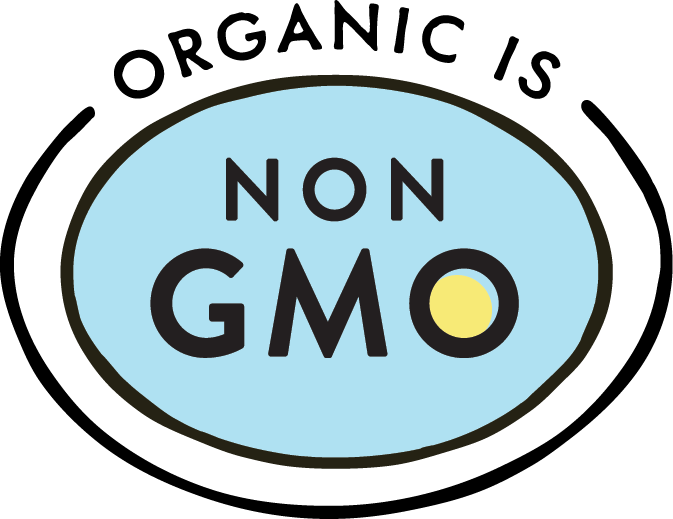
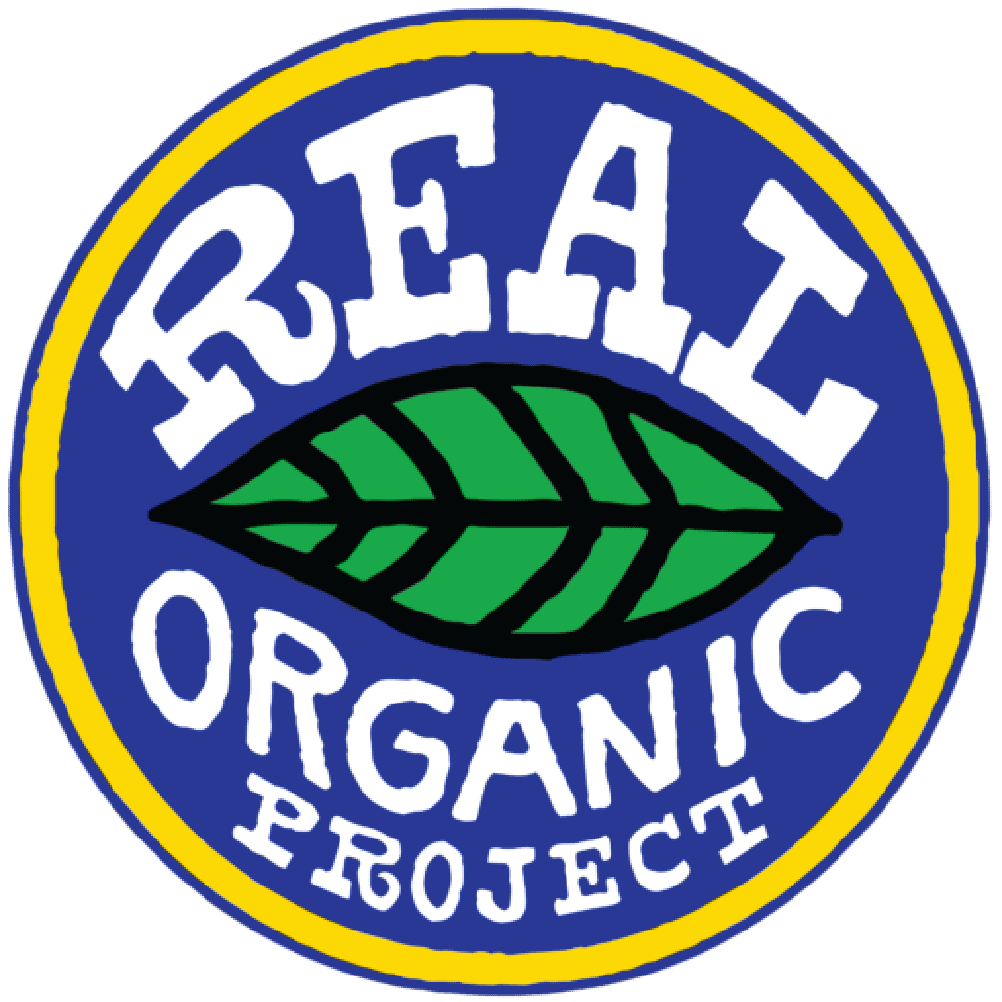

Sign Up for Exclusive Updates, Current Events, Recipes, and Special Offers and more!